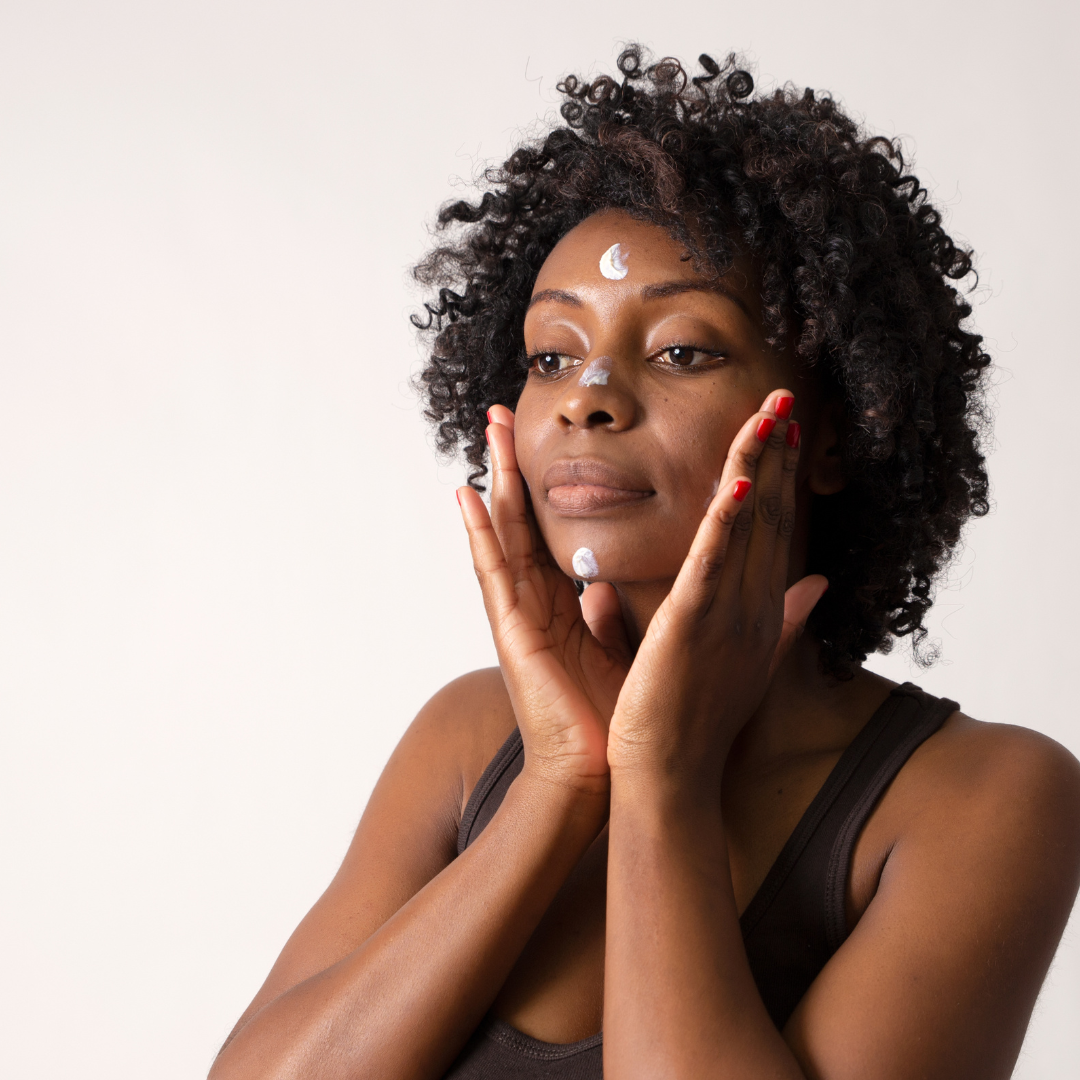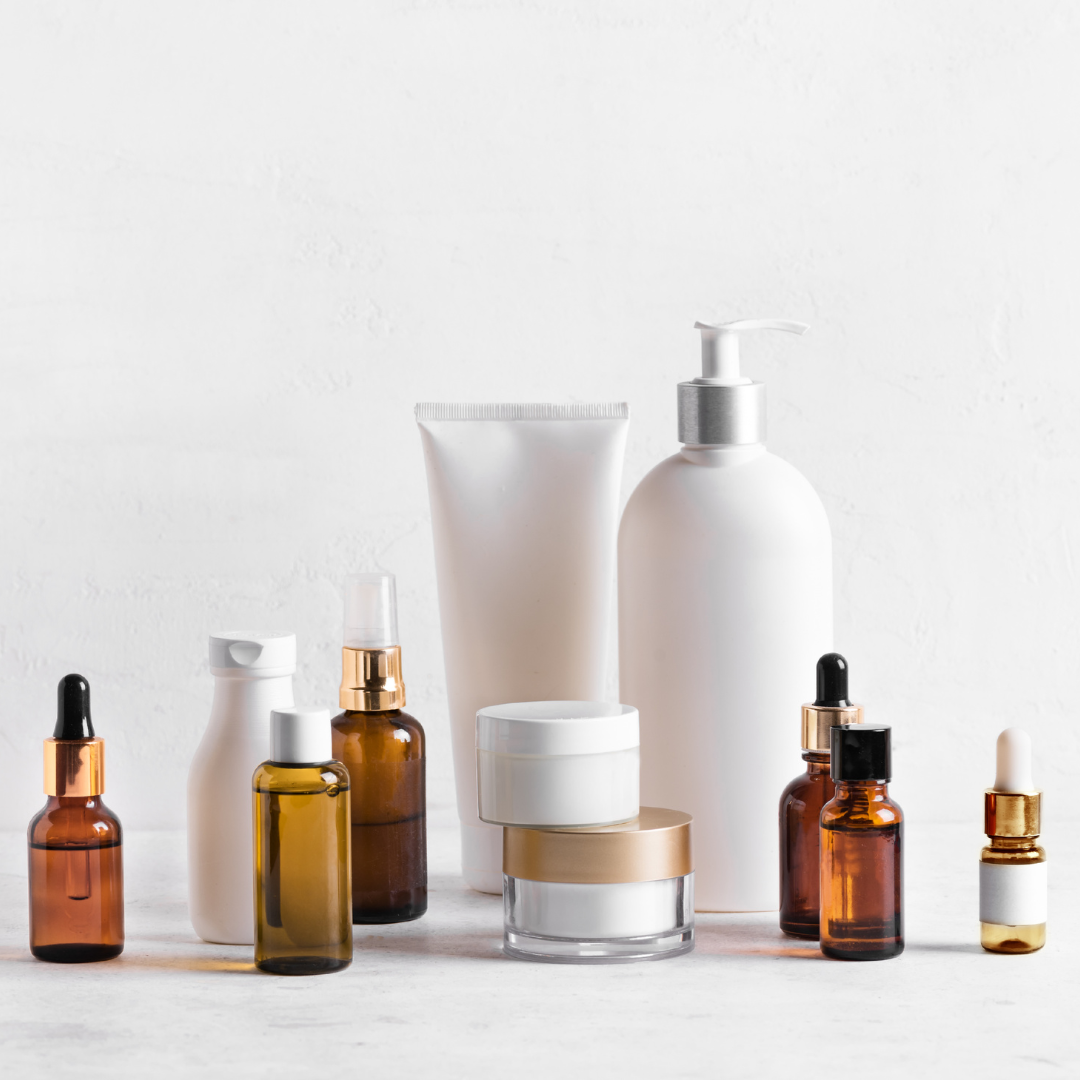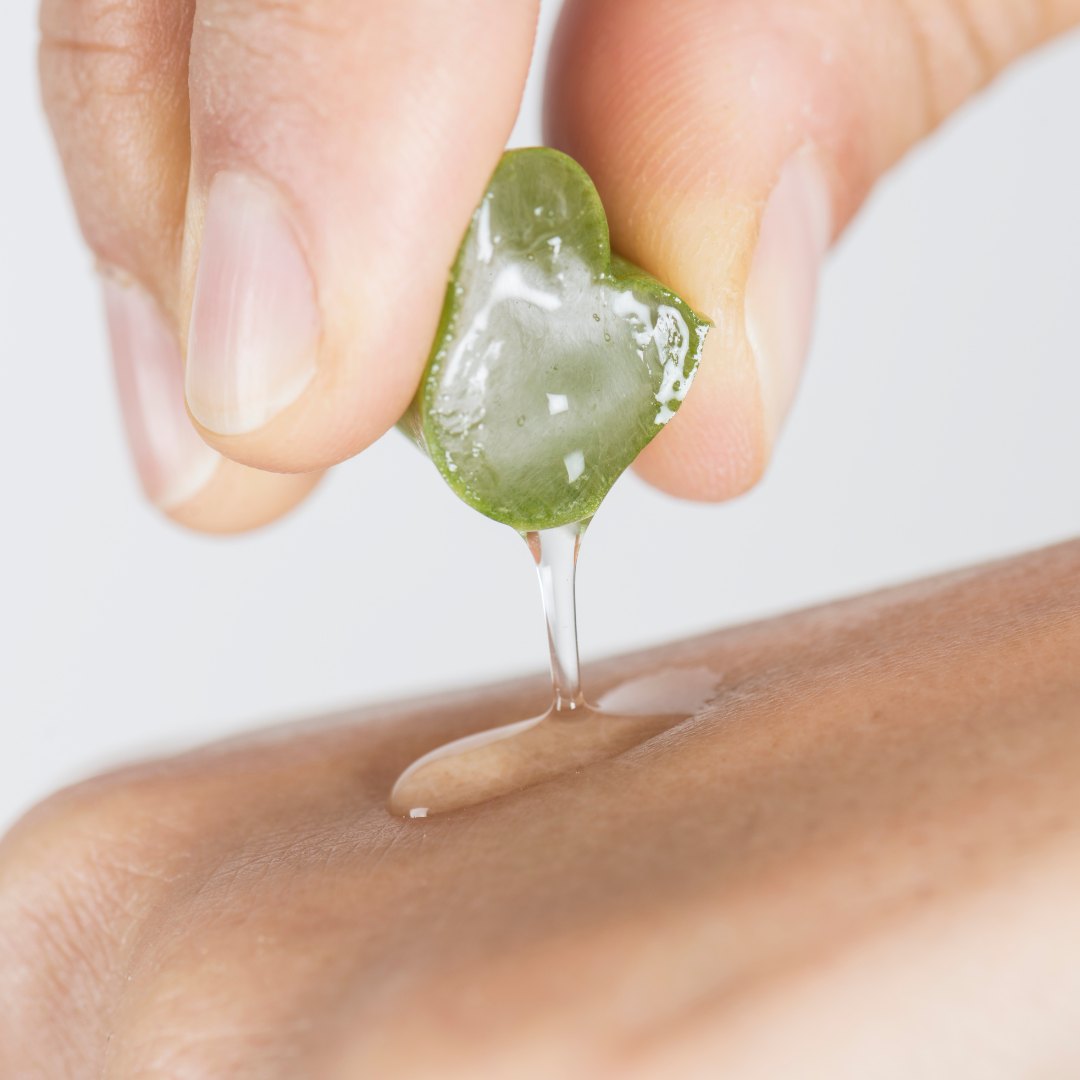Here are some skincare tips to help maintain a healthy and radiant complexion:
1. Know Your Skin Type
- Oily Skin: Opt for gel-based moisturizers and oil-free products.
- Dry Skin: Look for hydrating products with ingredients like hyaluronic acid, glycerin, and ceramides.
- Combination Skin: Use products that balance both oily and dry areas.
- Sensitive Skin: Choose fragrance-free and hypoallergenic products to avoid irritation.
2. Cleanse Gently
- Cleanse your face twice a day (morning and night) using a mild cleanser that suits your skin type. Avoid harsh soaps that can strip the skin’s natural oils.
- Double cleansing can be effective, especially if you wear makeup. Start with an oil-based cleanser followed by a water-based one.
3. Exfoliate Regularly
- Exfoliate 1-2 times a week to remove dead skin cells and promote skin renewal. Choose a gentle exfoliant—avoid harsh physical scrubs that can cause microtears.
- Chemical exfoliants like AHAs (alpha-hydroxy acids) or BHAs (beta-hydroxy acids) are great for smoother, brighter skin.
4. Hydrate and Moisturize
- Use a moisturizer suited for your skin type, even if you have oily skin—hydrating is essential for all skin types.
- Consider using a hyaluronic acid serum to attract moisture to the skin.
- Drink plenty of water throughout the day to help keep your skin hydrated from within.
5. Sun Protection (SPF)
- Always wear sunscreen during the day, even on cloudy days. A broad-spectrum SPF of 30 or higher is ideal.
- Apply sunscreen every 2 hours if you're spending time outdoors, and after swimming or sweating.
6. Use Serums & Treatments for Specific Concerns
- Vitamin C serums can help brighten skin and reduce pigmentation.
- Retinol (or retinoids) is great for reducing signs of aging and acne.
- Niacinamide helps with redness, irritation, and uneven skin tone.
7. Get Enough Sleep
- Aim for 7-9 hours of sleep each night. During sleep, your skin repairs itself, and this contributes to healthy, glowing skin.
- Consider using a silk pillowcase to reduce friction on your skin.
8. Avoid Touching Your Face
- Try not to touch your face often, as hands carry bacteria and dirt that can clog pores and cause breakouts.
9. Mind Your Diet
- Eat a balanced diet rich in fruits, vegetables, and healthy fats (like omega-3 fatty acids). Antioxidant-rich foods such as berries, nuts, and green leafy vegetables promote skin health.
- Reduce the intake of processed foods, sugar, and dairy if they cause breakouts or skin flare-ups.
10. Be Gentle
- Don’t rub your skin too harshly, especially when drying off or applying products. Gently pat your face dry with a clean towel.
- Avoid over-cleansing, as it can disrupt the skin’s natural barrier.
11. Consistency is Key
- Stick to a skincare routine consistently for at least a few weeks to notice results. Skin takes time to adjust to new products.
By following these tips and using products suited for your skin’s needs, you can achieve a healthier and more vibrant complexion.




Leave a comment
This site is protected by hCaptcha and the hCaptcha Privacy Policy and Terms of Service apply.